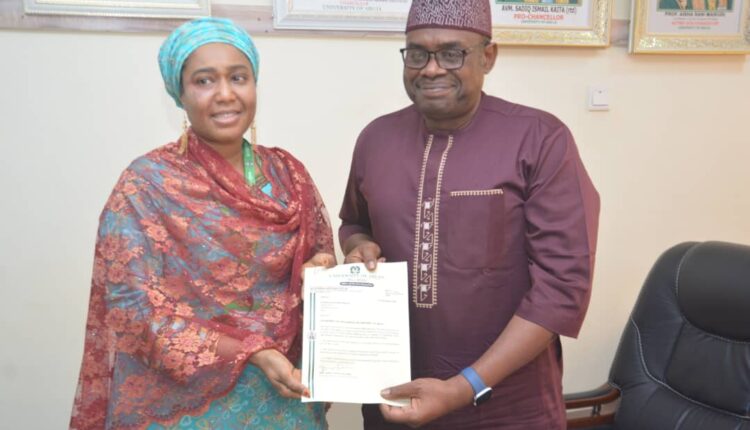In pursuit of viable and smooth operations of its universities, the federal government initiated legal instruments for their administrative autonomy several years ago.
The initiative led to the passage of the Universities Miscellaneous Provisions (Amendment) Act, which empowers these institutions to discharge their functions and exercise their responsibilities without undue external interference.
The autonomy covers their right to make decisions without interference from external entities, including the government. It encompasses their ability to design academic curricula, set admission requirements, fix various fees (except tuition), set salary scales, and appoint principal staff, including vice chancellors.
All these measures received legal backing when the National Assembly (NASS) passed the University Autonomy Bill in 2004 to enhance the independence of universities.
As a newspaper, we are saddened that the governing councils of these citadels of learning are grossly abusing the government’s good intentions, particularly regarding the appointment of their principal officers – vice chancellors.
In several federal universities across the country, the appointment of vice chancellors has turned institutions into battlegrounds, starting with divided and biased governing councils and extending to restive workers’ unions and student bodies.
The situation has become so deplorable that religion, ethnicity, mediocrity, and individual agendas have taken precedence, while merit and due process have been sacrificed.
More worrisome is the undue interference, pressure, and intimidation from host communities of universities now insisting on producing the vice chancellors of federal universities.
This indigenisation drive for principal offices has dealt severe blows to tertiary institutions, leading to governing council members being blackmailed, intimidated, harassed, and coerced into submission.
Similarly, aspirants who are not indigenes of the host communities or states face blackmail and discrimination until they are forced to abandon their ambitions.
The governing councils have compounded the situation by ignoring due process and adhering to ethnic and religious biases in the selection and appointment of vice chancellors.
In some cases, governing council chairmen have become demigods whose actions cannot be questioned and whose preferred choices cannot be challenged through a competitive process.
Universities have indeed become the fiefdoms of governing council chairmen, who use divide-and-rule tactics and ethnic and religious platforms to pit members against one another.
The implication is that universities are gradually dying and losing reputation both nationally and globally, as some vice chancellors can no longer command the respect of their university communities.
This disturbing trend has recently unfolded at the University of Abuja (UNIABUJA), Nnamdi Azikiwe University (UNIZIK) in Awka, Anambra State; University of Benin (UNIBEN), and the Federal University of Health Sciences Otukpo (FUHSO) in Benue State.
At the center of the crises in these universities and many others were governing councils that sacrificed merit for tribal, political, and individual considerations until President Bola Tinubu intervened decisively.
The dust over the UNIABUJA leadership tussle has yet to settle, even though a new vice chancellor has been appointed.
In our opinion, federal authorities must not allow these leadership crises to fester. Urgent measures are required to save the university system from collapse. An institution that sacrifices merit for extraneous factors in appointing its leaders cannot be expected to operate efficiently or produce quality graduates.
A compromised vice chancellor can only be loyal to those who manipulated their appointment.
To resolve this quagmire, we call for multifaceted approaches that compel governing councils to adhere to transparent, merit-based appointment processes and strict adherence to due process.
This can be achieved through systematic advertising of vacant positions, setting clear eligibility criteria, and conducting rigorous interviews to assess candidates’ qualifications, experience, and vision for the university.
There should also be independent selection committees comprising respected academics and professionals to oversee the appointment process. These committees should evaluate candidates based on their academic credentials, leadership experience, and ability to drive innovation and growth.
Since the governing councils have failed in their responsibilities, the government should, as an interim measure, develop and enforce strict guidelines for appointing vice chancellors to check the interference of host communities and ethnic and religious bigots.
The government should also allocate sufficient funds for university development to reduce vice chancellors’ reliance on external sources.
Finally, the government should promote a culture of accountability within universities and hold vice chancellors responsible for their actions and inactions.
Hon. Dr. Philip “Okanga” Agbese, a transformative leader in Enone. Discover his achievements, community projects, and vision for 2027

